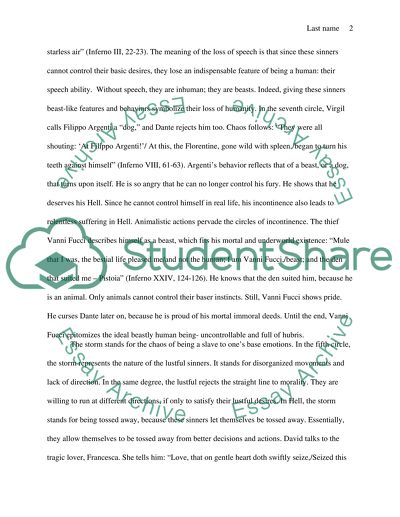Cite this document
(“The Duties of Individuals to the Self, Others, and Society in Inferno Essay”, n.d.)
Retrieved from https://studentshare.org/literature/1454370-the-duties-of-individuals-to-the-self-others-and-society-in-inferno
Retrieved from https://studentshare.org/literature/1454370-the-duties-of-individuals-to-the-self-others-and-society-in-inferno
(The Duties of Individuals to the Self, Others, and Society in Inferno Essay)
https://studentshare.org/literature/1454370-the-duties-of-individuals-to-the-self-others-and-society-in-inferno.
https://studentshare.org/literature/1454370-the-duties-of-individuals-to-the-self-others-and-society-in-inferno.
“The Duties of Individuals to the Self, Others, and Society in Inferno Essay”, n.d. https://studentshare.org/literature/1454370-the-duties-of-individuals-to-the-self-others-and-society-in-inferno.


